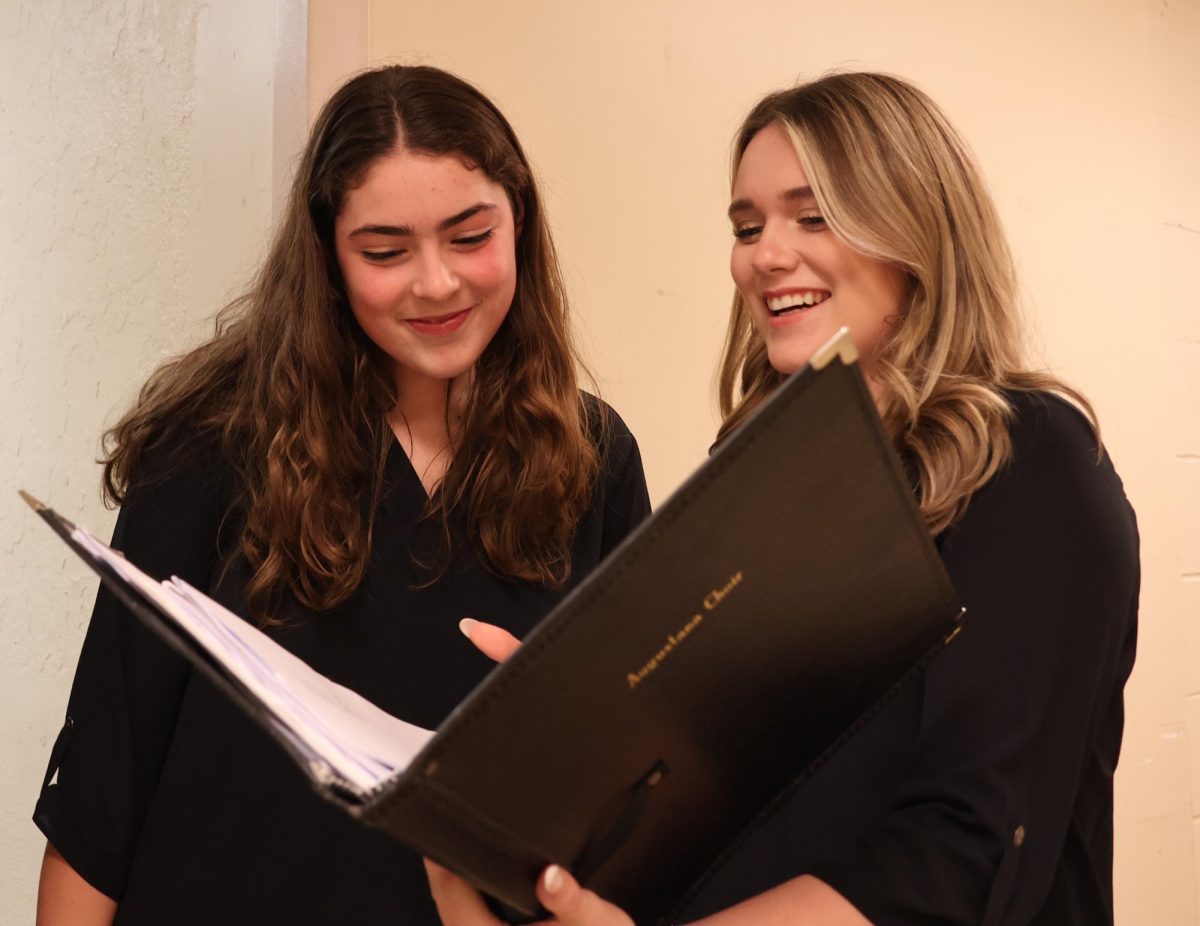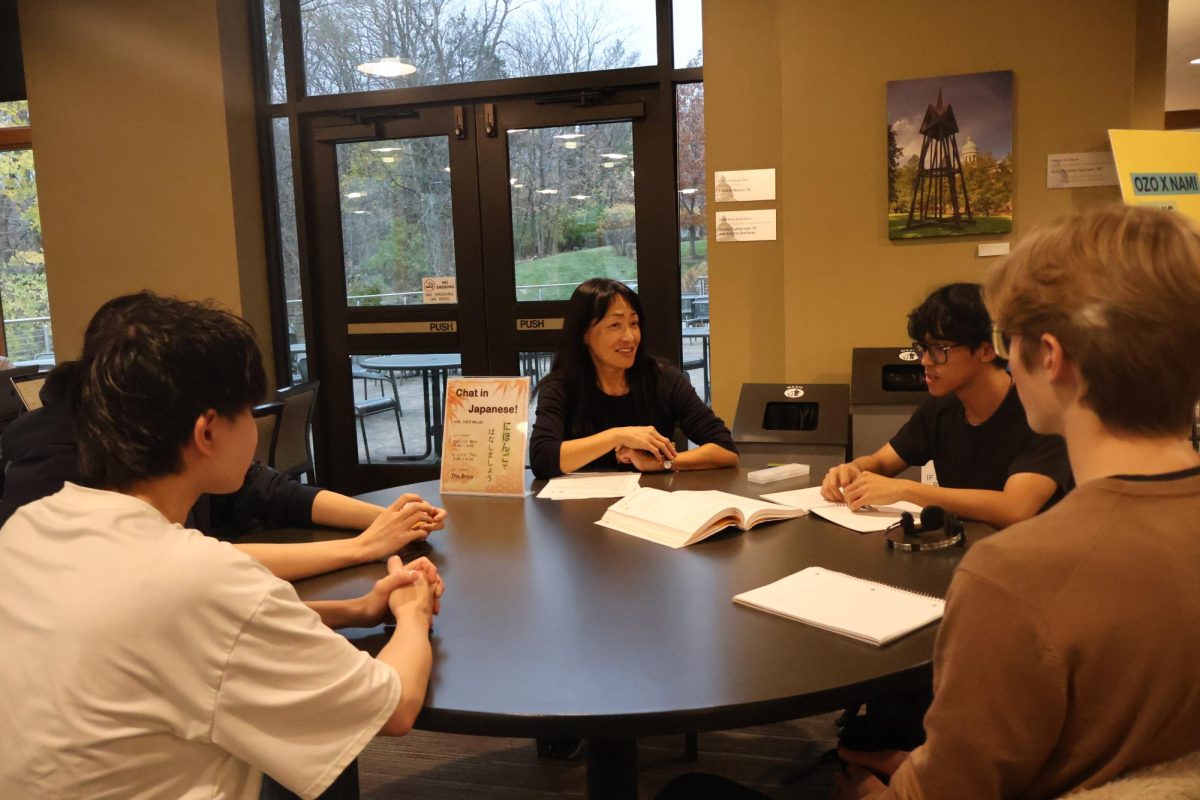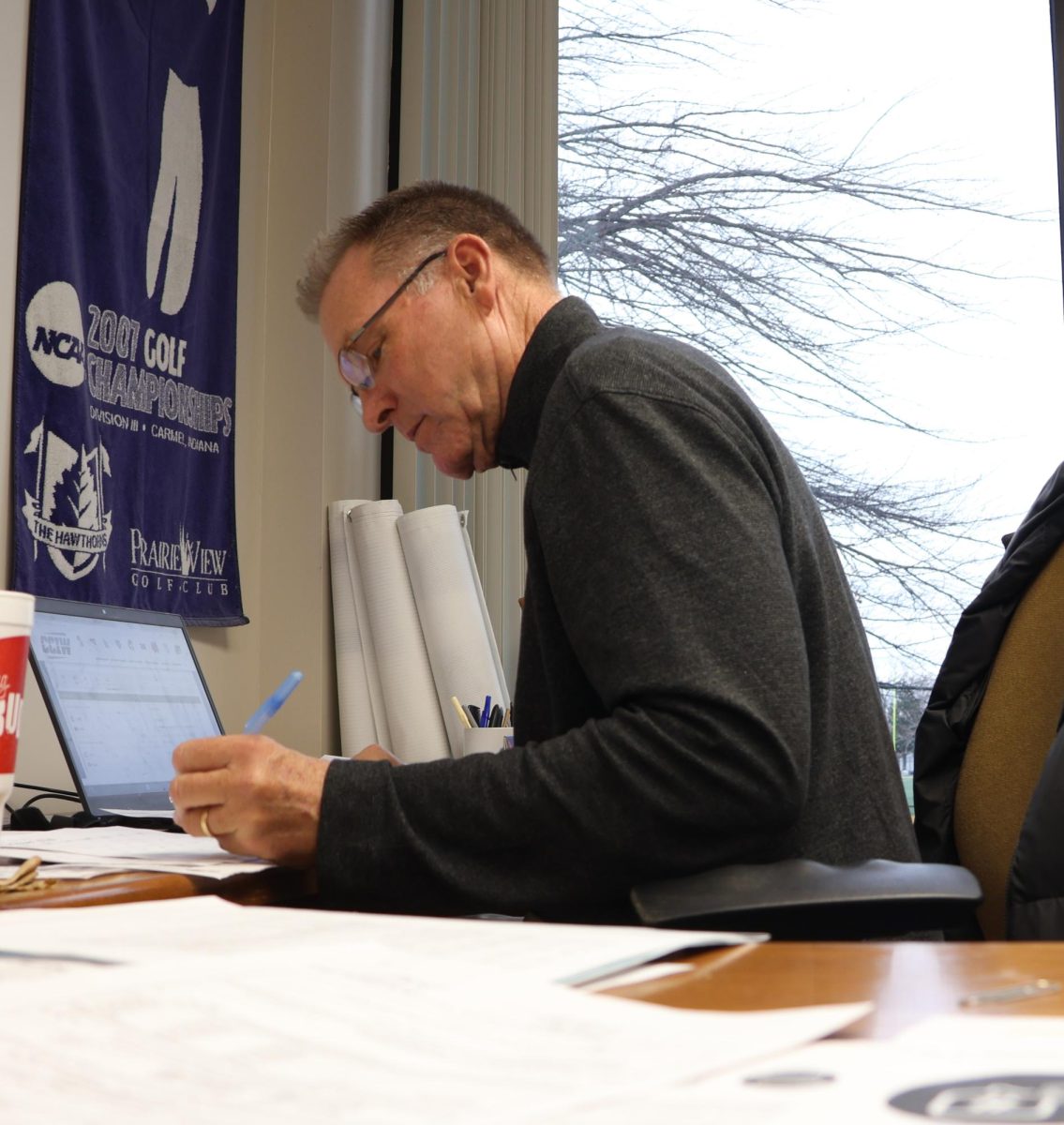There’s more than just getting the classes you ‘want’
April 9, 2022
At some point in our college careers, we have experienced the panic of waking up at 5:00 a.m. to log into Arches to register for classes in the upcoming semester.
The panic continues when we either cannot log into the database due to a user overflow, or the classes we chose for our ‘shopping cart’ have filled up already and we have to resort to backup plans.
While this harrowing endeavor definitely has angered students in the past, we can look beyond the conflict and observe how students can seek alternative options that they may have not considered in the past.
The underclassmen have a lower chance of getting into classes they want since their registration dates occur much later than upperclassmen. Specifically, when discussing the process of registering for the 2022 fall semester, rising sophomore students will enroll in courses from May 3 to May 5. Rising juniors, on the other hand, sign up much sooner, as their dates will be April 20 to April 22.
Prospective sophomores in these circumstances could see their first choices diminish if rising juniors take them, but they shouldn’t have to be that scared or panicked at this barrier. They’ll have multiple semesters ahead of them when they’ll have higher priority in registering, so they can take their necessary classes later in their studies.
They could also seek out courses that fulfill learning perspectives necessary for graduation so that they don’t have to use up precious credit space on them later. Major requirements and sequences are especially important for rising juniors, so it is crucial that students, especially those with multiple majors, finish the college’s broader requirements earlier, even if that means sacrificing courses that seem interesting on the surface.
Another variable that can be accounted for in students’ decisions to take certain courses is the “who is teaching it” factor.
Sites like Rate My Professors sway students’ decision on taking classes with professors they aren’t acquainted with. While reviews are anonymous and encourage honest engagement with how professors run their courses, the sample size of reviews is just too low to be analyzed seriously. It also doesn’t help that some professors have sizable gaps in time between reviews, which means that instructors can change their format or style of courses thus making old reviews irrelevant.
From my personal experience as a Political Science and English double-major and a Spanish minor, I have obviously been disappointed when a specific class fills up before I even log into Arches. However, I took advantage of various opportunities such as J-term to fulfill requirements that I would struggle earning later.
I am aware that class selections and availability vary across major disciplines, where areas like Chemistry may have more struggles competing for courses among several who share the major. However, Augustana adjusting classes would prove challenging due to varying supply and demand from year-to-year.
That process would be easier said than done. If we use the Chemistry analogy, let’s say Augustana adds several possibilities under the CHEM discipline. Seats for those additional selections won’t be able to fill up, assuming the distribution of students enrolling in them is spread across these new courses evenly.
Also, if more selections were added, it is also probable that the college would have to hire more professors to accommodate a larger variety of classes and larger class sizes depending on student interest. Students, primarily underclassmen, will have to use their better discretion to find courses that satisfy general requirements sooner so that they can focus on their respective sequences in the long term.
































































































